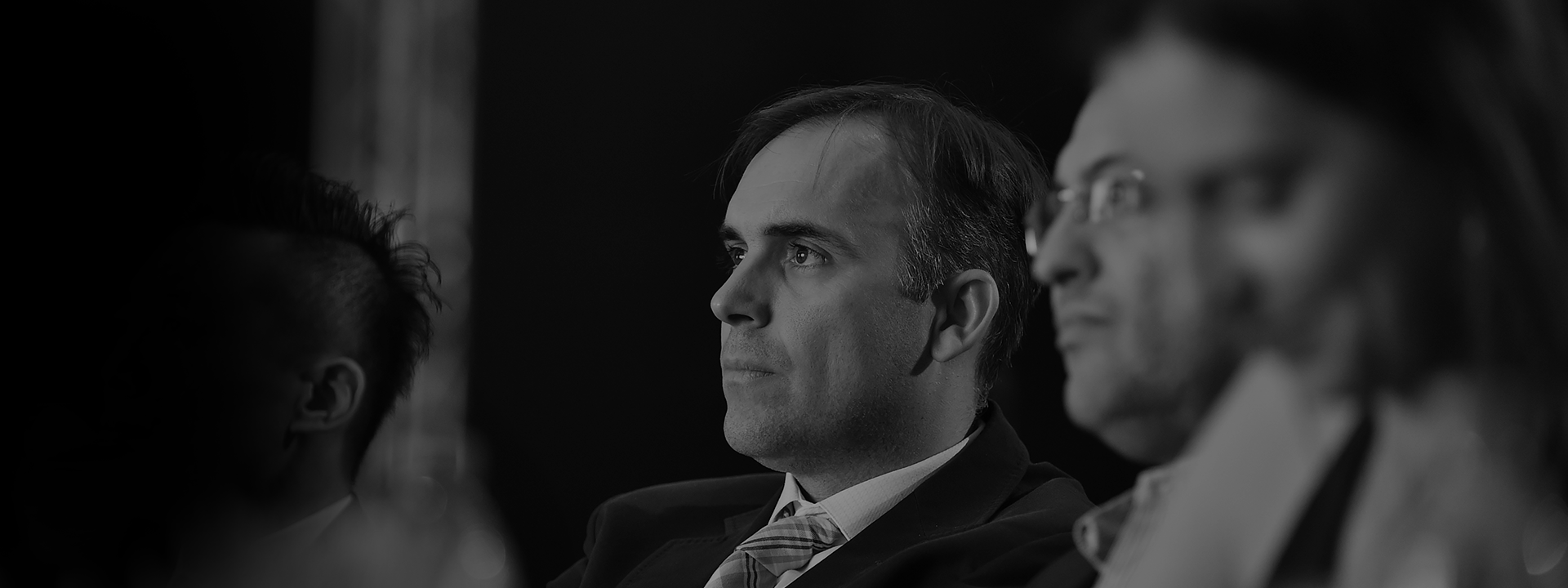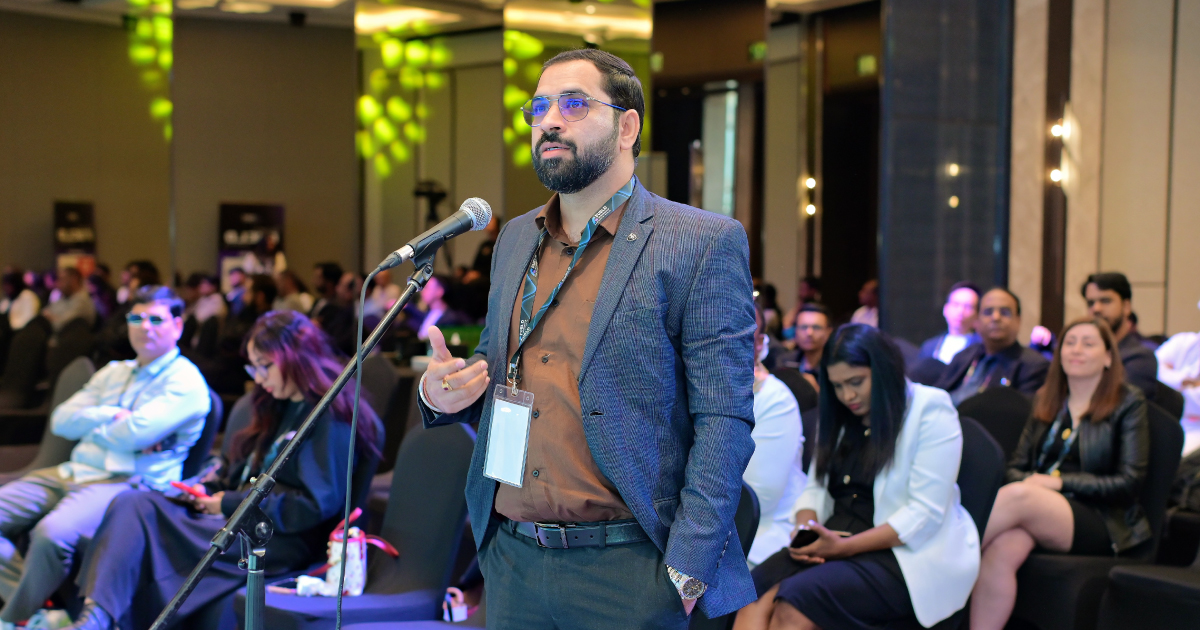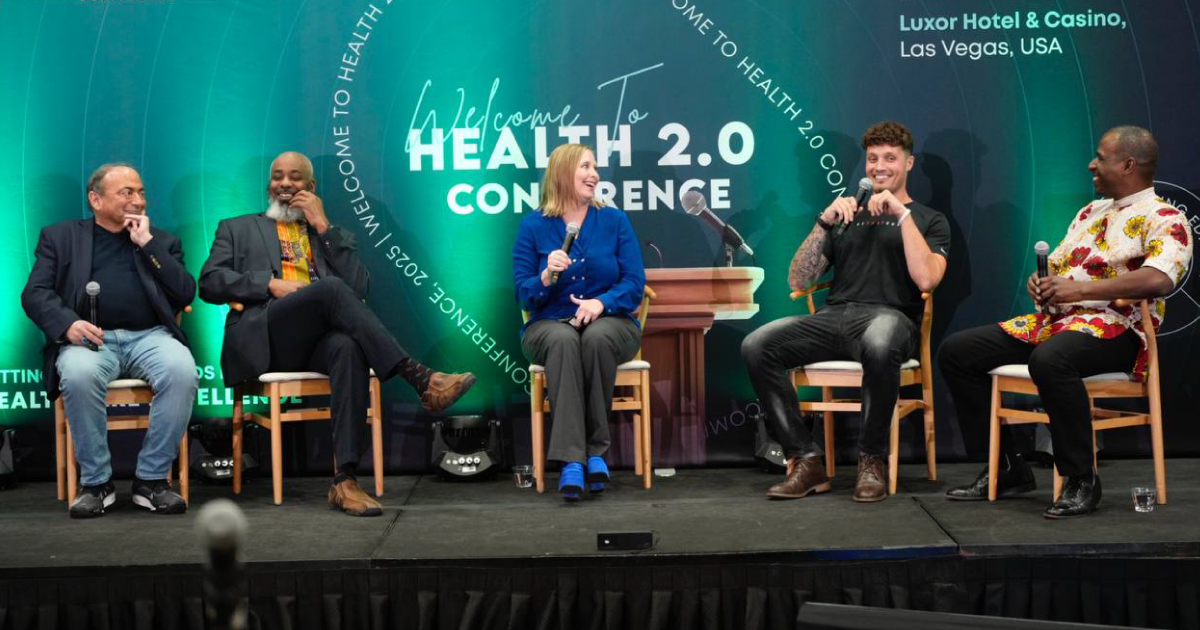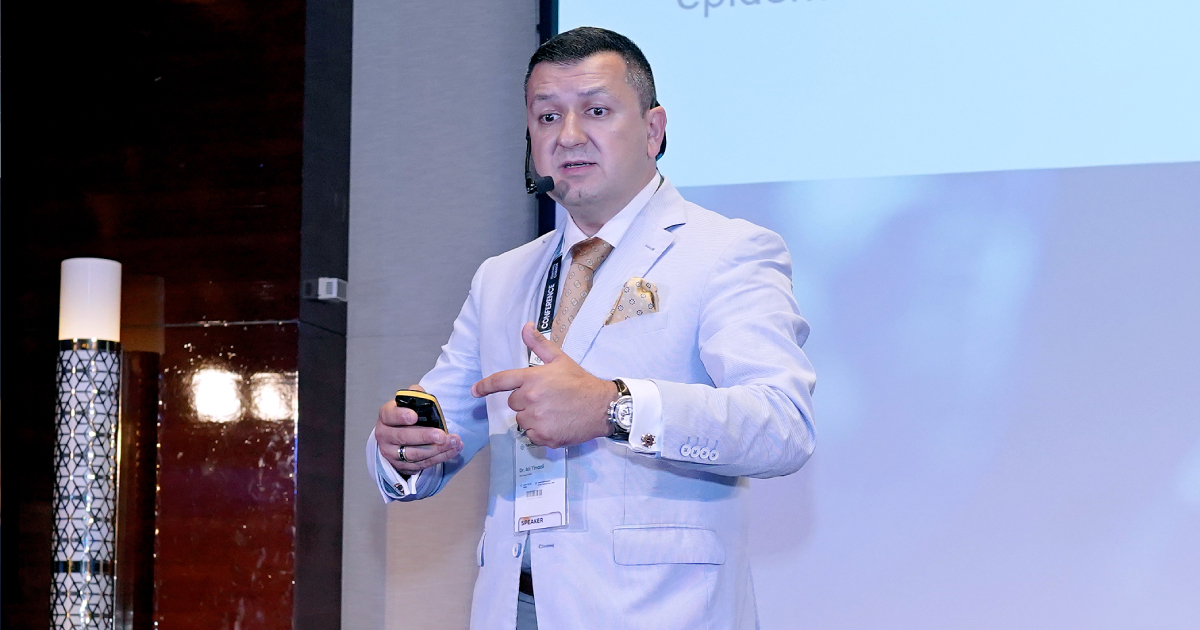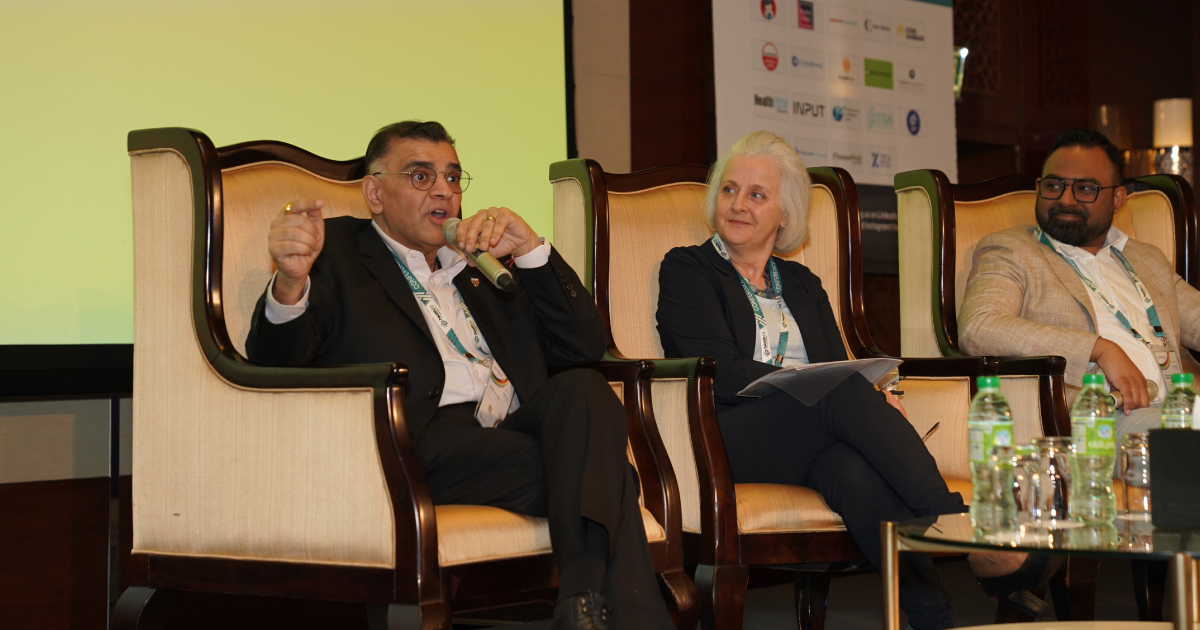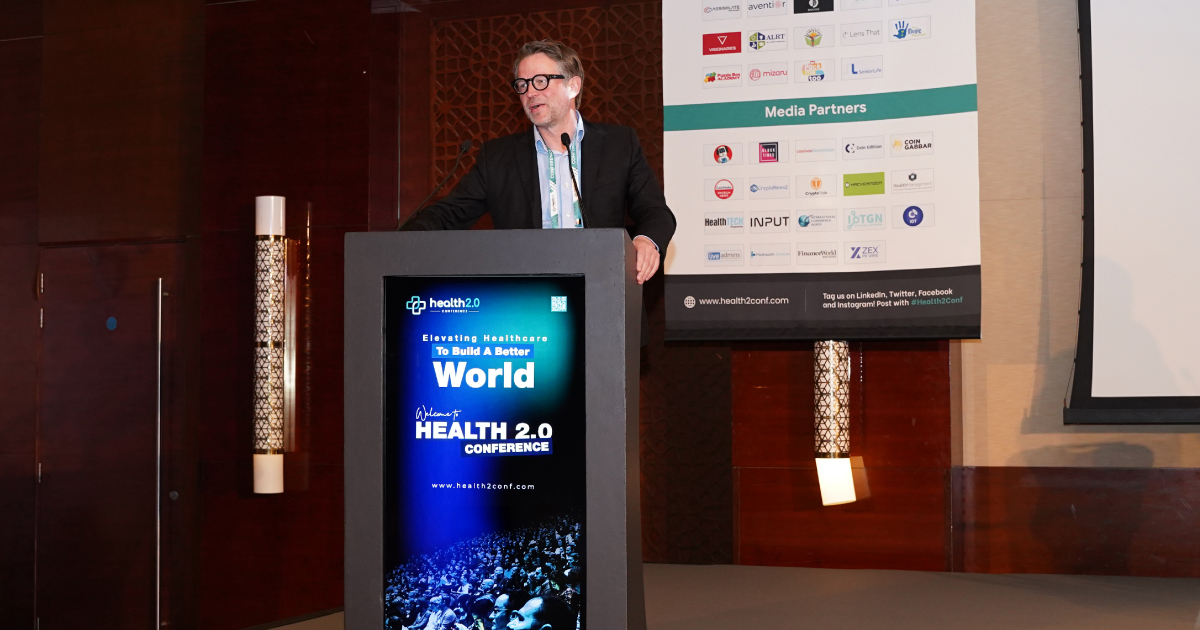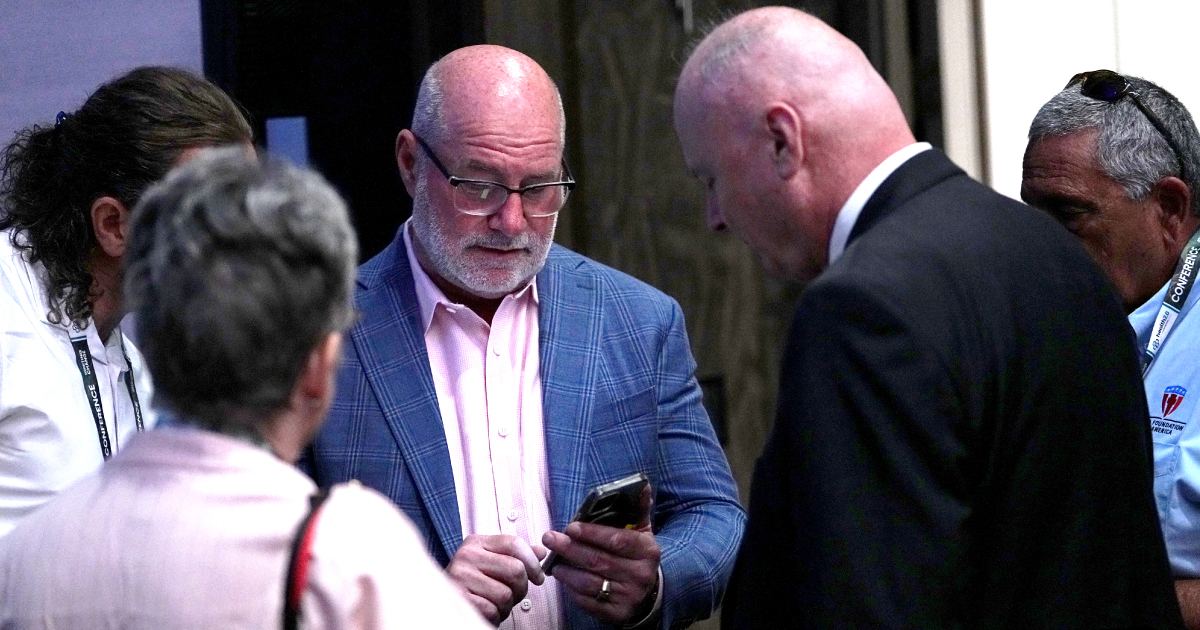Health experts claim that sitting is quite harmful and probably the most unpleasant thing a person can do to their health. However, what is even more concerning is the thing people often do while sitting: mindlessly scrolling through social media feeds in a few spare minutes (or for some, hours).
Although social media is wonderful technology with numerous benefits, such as connecting, getting news, and information, along with meeting new people. But there is a downside too, especially for young adults who are growing in a world of screens. Most people know intuitively, and as the research has also confirmed, that it’s not the best habit when it comes to collective psychology.
According to research, over 69% of adults and 81% of teens use social media and its use has often been linked to mental health conditions, like depression, anxiety, and loneliness. Healthcare professionals suggest people who are frequently active on social media are more likely to be depressed and less happy with their lives as compared to people who spend more time on non-screen-related activities.
There are many ways in which social media negatively impacts your mental health and some of them are as follows:
The Fear of Missing Out
Another reason that people use social media is that people don’t want to miss out on latest trends or have a feeling of missing out (FOMO). Scrolling through the feed and sharing inside jokes with peers is quite enticing that nobody wants to be left out or miss a message.
Filters - Fun & Fake
Filters are the perfect example of how social media impacts both positively and negatively. There is no doubt that these silly filters can be great for a laugh, however, whitening teeth, airbrushing body parts, and hiding imperfections can create false illusions for people on social media.
Seeking Validation
Social media use becomes a problem when it becomes a platform to seek validation, that is, when people place too much emphasis on the interactions they receive on the content. For instance, if someone posts a picture in the hope to receive likes or comments but doesn't get the desired feedback, then it is very easy for them to fall into the loop of feeling disappointed or invalidated.
Almost Addictive
Many experts believe that social media has the same effect as slot machines. To know the content, one needs to open the app and once that happens, there is no going back. The spontaneous results lead to releasing dopamine which acts as the reward.
If you think you know someone who has feelings of anxiety or depression then it is the right time to talk to healthcare providers or campus health center professionals. In the same way, it is high time for healthcare institutions to acknowledge this as a challenge and become a part of relevant discussions at healthcare conferences, such as the Health 2.0 Conference.


